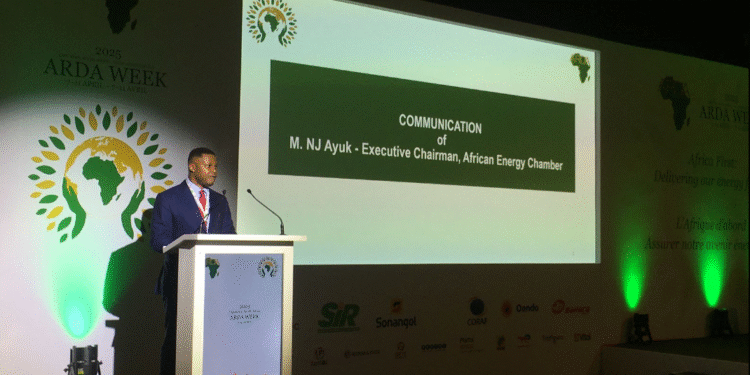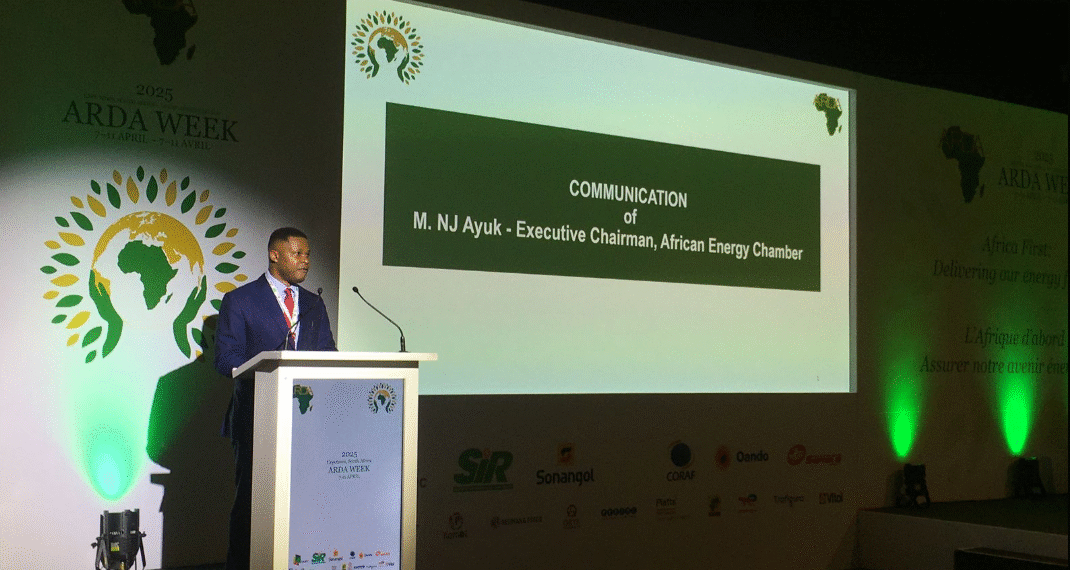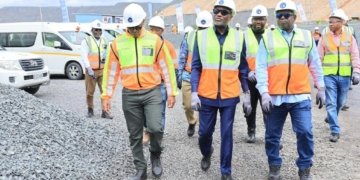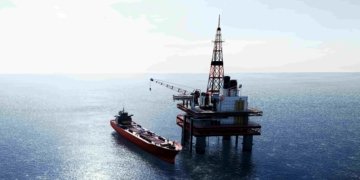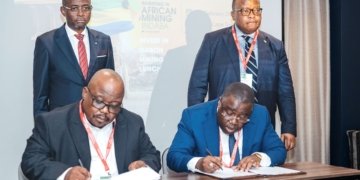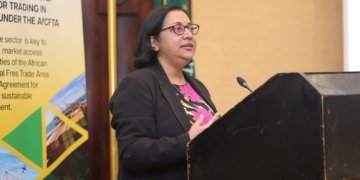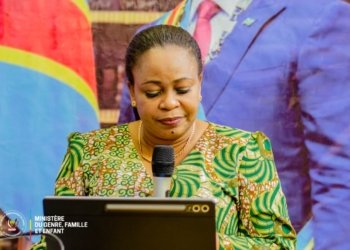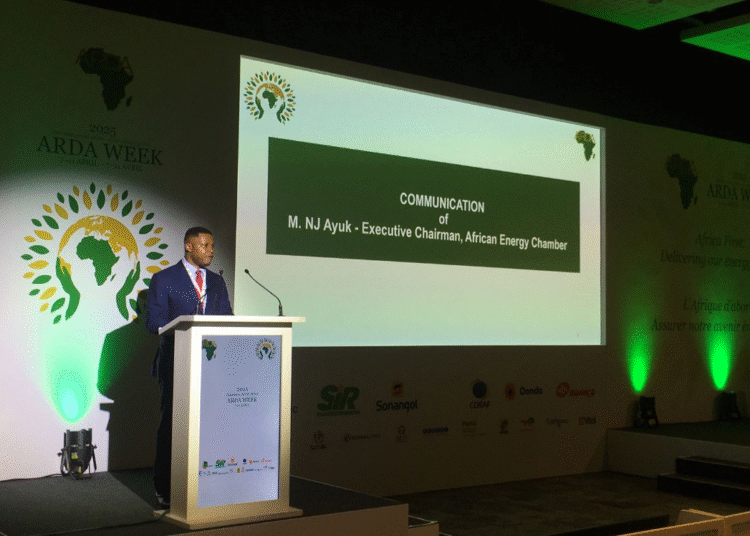CAPE TOWN, South Africa (BG) – Expanding intra-African trade, investment, and liquefied petroleum gas (LPG) development is critical to addressing Africa’s $15.7 billion infrastructure deficit, according to NJ Ayuk, executive chairman of the African Energy Chamber (AEC).
Speaking Monday at ARDA Week 2025, hosted by the African Refiners & Distributors Association (ARDA), Ayuk urged African nations to use local financial resources to fund oil and gas projects.
He highlighted the $400 billion available through African pension funds as a key source of capital to develop pipelines, refineries, and power plants and the vital infrastructure needed to expand intra-African energy trade and end energy poverty by 2030.
Over 600 million Africans lack access to modern energy, and approximately 900 million do not have access to clean cooking solutions. Ayuk said mobilizing greater investment is essential to reversing these figures.
He also called for regulatory reforms to ease the movement of products and stakeholders across borders and to encourage infrastructure sharing.
Ayuk criticized outdated and restrictive regulations, noting that internal barriers threaten Africa’s energy ambitions more than external factors.
“How can we move commodities across the continent yet we struggle to move people?” Ayuk said, advocating for improved visa and immigration policies.
He urged policymakers to address high intra-African taxes that discourage trade and emphasized that African energy markets should collaborate rather than compete for limited capital.
“We shouldn’t compete for capital amongst ourselves,” Ayuk said. “Our competition should be with international markets.”
He also stressed the role of LPG and liquefied natural gas (LNG) in achieving the “Africa First Vision” and driving economic development.
Natural gas, he noted, will be essential in providing reliable power in the coming years.
This year’s event, themed “Africa First: Delivering Our Energy Future,” focused on advancing energy security and industrial growth through stronger downstream investments.
